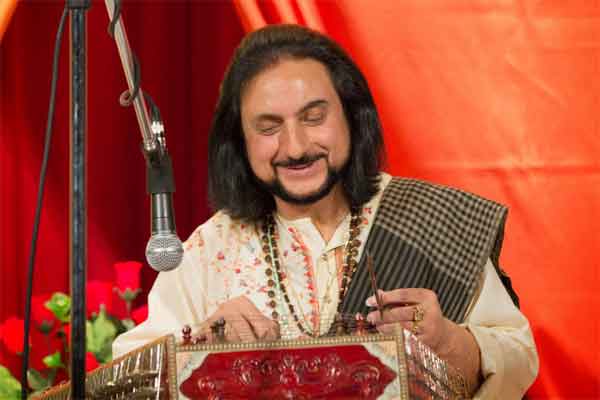For more on radio and music business news. | Click on RNMBiz

MUMBAI: Santoor player and teacher Bhajan Sopori, who hails from a family that has played the stringed instrument for over six generations, believes that if art and individuals are connected, then thought processes become constructive and lead to a brighter future.
Sopori runs a music academy called SaMaPa (Sopori Academy for Music and Performing Arts). Apart from having students from across the country, the academy also conducts music courses for jail inmates. It was presented the ‘J&K Dogri Award’ in 2011. On his part, Sopori is a recipient of the Padma Shri, India's fourth-highest civilian award.
"When sensitivity grows, you think twice before spitting fire or before acting crudely. If sensitivity is not there, then it does not matter. Sound, art and literature play a big role here," Sopori told IANS here, adding that when art and people are brought together "the creative ability of people will increase. The thought process will become constructive".
"If the thought process gets constructive, then our future will be bright. This is why we stress on the need to establish a connect between music and the youth. The sooner it starts, from the grassroot level for them as kids, the better it is," added the artiste, who was here to perform at the Tansen Music Festival.
The academy has never charged a single penny from its students. Why?
"My father was a professor of music and had around 20,000 students in Kashmir. So when he taught people from different places, then too he had this policy -- 'What I inherit, I should pass it on'. He never charged anyone," said the recipient of the Sangeet Natak Akademi Award.
"I follow the same policy. I want to, and I strive to, unite people through the power of music and its language. If people become one with music, then their personality would become more stable and peaceful, and sensitivity towards different things would grow," added the 69-year-old.
On the ideology of ‘guru-shishya parampara’ (teacher-pupil heritage), Sopori, who belongs to the Sufiana gharana of Indian classical music, considers it crucial for an artiste.
"The 'guru-shishya parampara' is an individual's identification. In our world, a gharana is connected to expectations by people. That 'Oh you are so and so's disciple, so the person would know at least this much'. So, it is a huge responsibility for the person who carries forward this concept," he said.
"Firstly, you have to find your own identity. If you don't, you will lose your way. You will be confused about what to represent. It will all be scattered. At some point, you will get stalled and not be able to move forward."
"Till the time you don't attach yourself with a gharana, you will not attain that much. In our gharana, the music is in the theory but the practical will happen only when the guru teaches you," he added.
Sopori, who was accorded the Jammu and Kashmir State lifetime achievement award on the occasion of the 67th Indian Republic Day in 2016, says every gharana is created differently and the interpretation of each gharana is different.
"The way you decorate and represent or express the 'raga' is different for all. The aim of all is the same but the mediums could be different," he said.
(Source: IANS)